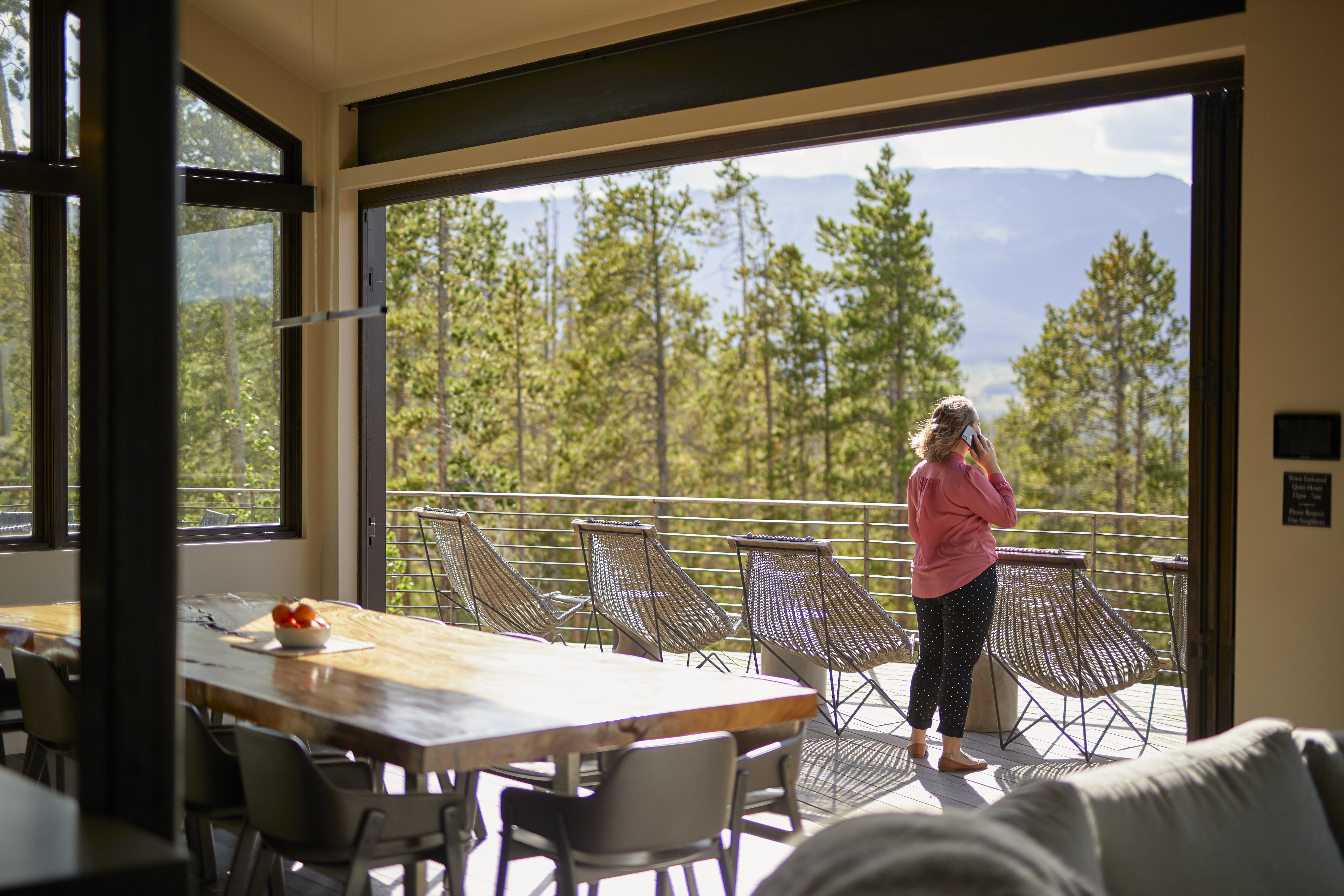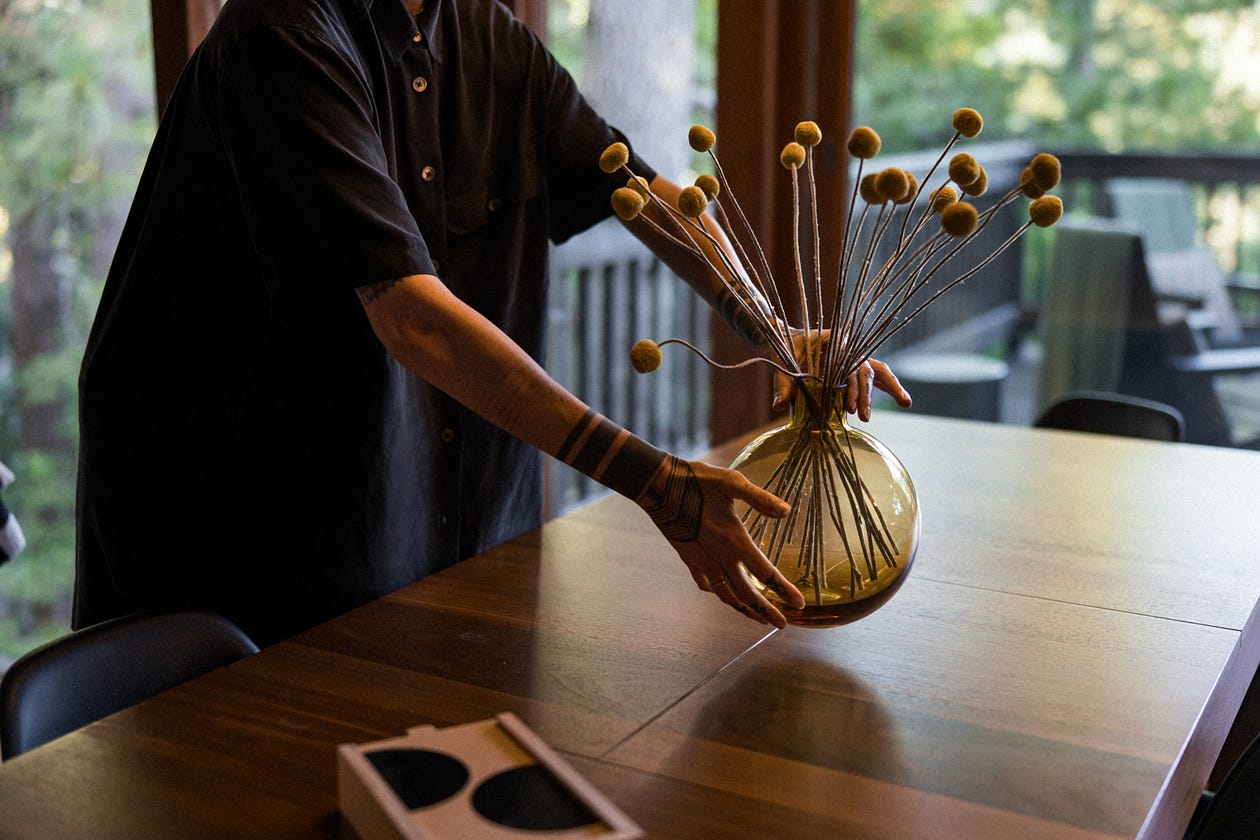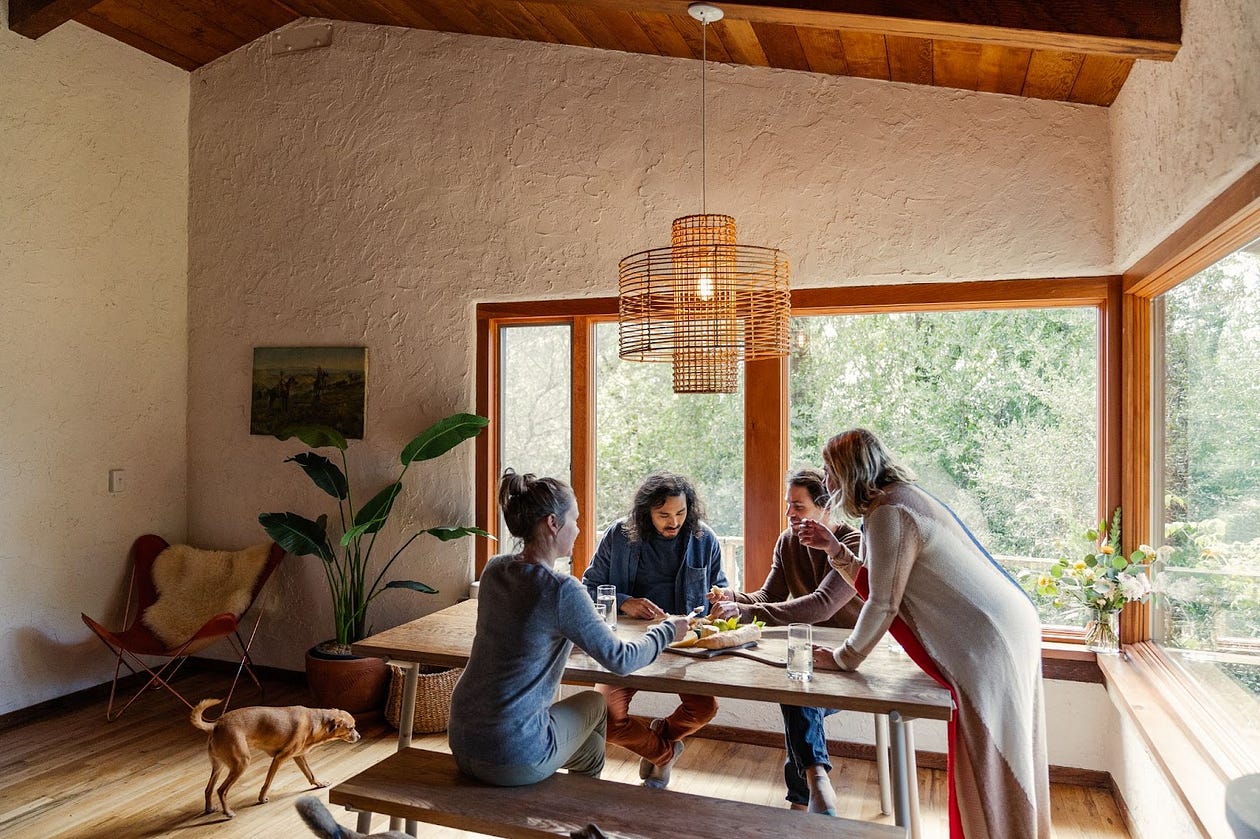Florian Andes is a Staff Technical Program Manager at Airbnb. He has over 10 years of experience that spans the software, manufacturing, and strategy consulting industry. He studied in Frankfurt, London, Singapore, and Boston, where he received a bachelor’s and MBA degree in Business and Entrepreneurship.
Though it can be hard and intimidating to find your place in the “big tech” industry in Silicon Valley, Florian has relied on curiosity and openness to establish a successful career at Airbnb. Read on for Florian’s own words on working at the intersection of business and software engineering, transferring to the US and scaling tech programs from zero to 10x for Airbnb, and more.
A global citizen finding a home for his career
Many years ago, Airbnb had a tagline that really inspired me: “Don’t Go There. Live There.” I’ve tried to embrace that idea as much as I could. I’ve had the chance to live and work in several different countries — Germany, the UK, Singapore, China, and now the US, where I’m currently based in San Francisco.
I grew up in Southern Germany, specifically a smaller city called Ulm (which is famous for Albert Einstein, and for having the tallest church building in the world). Growing up, my dad was a great inspiration for me. In his twenties, he started his own business. His journey taught me a lot about perseverance, dedication, and visionary thinking. I’m still inspired by how he pioneered the intersection of hardware and software engineering in the very early days of computers.
In my career, I’ve broadly moved from hardware to software engineering across different industries. (My first job was folding pizza boxes at a friend’s restaurant.) In Germany, there’s a large hardware and manufacturing presence: cars, industrial machines, and appliances in general. I started off at Airbus, building airplanes with advanced plastics and fiber materials, and then moved into the automotive industry and strategy consulting in the mobility space.
Along the way, I became really interested in software companies and internet technology. In Singapore, where I studied for my MBA, I joined a fast-growing tech startup to manage their partnerships across APAC. I loved it. I was flying around Southeast Asia to speak at startup events, pitch to investors, explain the idea and what problem we were solving — it was all very exciting to me.
I ended up attending a fireside chat with Mike Curtis, Airbnb’s VP of Engineering at that time, hosted by a local startup co-working space, where he shared lessons he picked up on his journey. I was inspired and ended up connecting with Mike and some folks from Airbnb after the talk, and the opportunity for me to join Airbnb grew organically from there.
Pioneering projects at the intersection of tech and business
TPMs are involved in every major release at Airbnb. Some TPMs are more product and business-focused (that’s me), and others are more infrastructure and platform-oriented. The potential for impact is high because you’re often very close to engineering leaders. You have conversations with the CTO, and many senior leaders in engineering — and on our product teams, as well.
There are two projects I have been involved in recently that demonstrate the breadth of our programs. One is the adoption of our Design Language System (DLS), a repository of prebuilt components that designers and engineers can reuse instead of building something new. So whenever an engineer at Airbnb has to implement a button, they don’t have to build this from scratch. Another is reducing our AWS costs. We introduced a new attribution model at Airbnb that directly associates AWS costs to different teams, and my role was monitoring our organization’s consumption and championing a lot of cultural change to think about AWS cost-efficiency whenever we build products.
Strategies for remote program management
Recently a big focus has been, naturally, keeping teams engaged and collaborative during remote work. Communicating a clear program vision and using frameworks to keep projects on track are two strategies that are more important than ever.
One other thing that I consider critical is celebrating wins and key milestones. Before, when we were in the office, it was much easier to celebrate big wins. At Airbnb, we have a tool where you can send appreciation to others. I use it all the time, because when I work with multiple stakeholders across design, product, engineering, and QA, people are generally contributing at different stages. When the project ends, you might not have this big forum anymore, because most people have moved on already. But it’s important to still give credit to the work that everyone contributed along the way and make sure their managers have visibility into their contributions.
What makes the TPM role unique at Airbnb
TPM is relatively new as a function itself, and every company approaches it slightly differently. Even at Airbnb, it’s continuously evolving and progressing. One thing that’s always the case, though, is that TPMs need to use influence to lead programs, teams, and products — without exercising direct authority. As a TPM, you have to champion ideas, be a great communicator, and work with your partners to align priorities and push projects forward.
You don’t have to study software engineering to be a technical program manager — I think you need to show that you have the ability to grow and learn on the technical side, and this can happen before the job or on the job. For instance, at first I didn’t have much context about AWS optimization, frontend design language systems, or open source, but people at Airbnb are super open to sharing knowledge which allowed me to quickly onboard and take on these programs. You just need to be curious and open to learn.
I love working at Airbnb because of the people and the mission-driven nature of the company. And I think what makes being a TPM at Airbnb extremely unique is that there’s still a lot of “greenfield” areas and unexplored territory, where you can really help define a new strategy and vision.



















